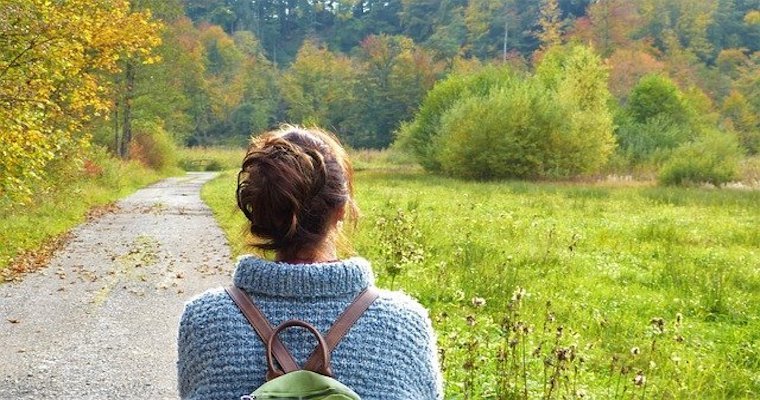
We have heard the refrain that our body plays the game, but our mind wins the game. If our minds are so critical to success in sport, how can we take care of our mind in the best way possible? Research over the past decade has explored how we can restore body and mind in simple ways. One way does not have side effects, is easily accessible to most people, and helps our brain to work better with no financial burden. What could this be? It’s interacting with nature.
William Wordsworth extolled the virtues of wandering in the countryside. Stephen Kaplan proposed attention restoration theory to understand more about this effect. In his theorising, we have two components of attention: involuntary, where important stimuli capture our attention; but we have cognitive-control processes to direct our voluntary attention.
When we go into nature, we restore our cognitive capacity. Our directed attention is vital to our development and survival. We choose what to pay attention to so we can prosper in the world and in our activities such as work and play. But how does this mechanism work? When we consider the direct and indirect capacities of our attentional system, we realise that our indirect attentional system is drawn to the richness of colour, sight, smell and so on which allows our direct attentional system to rest, recover and repair.
The countryside is offering a restorative function as we attend to the murmuration of starlings in the sky, the crisp blue water flowing in the stream, the trees reaching to the light blue skies. We notice beauty in colour and sound. And freshness that we do not receive from our computer screen, mobile phone or tablet. Our typical top-down attentional system trying to control the keys we hit on the keyboard or pay attention to the declarations on Zoom or Microsoft Teams can rest. Our bottom-up, involuntary attentional system, sets to work in an engaging, playful and inspiring way.
So what does this mean for golfers or football players or badminton players? What’s most intriguing is that they play many sports in these surroundings, especially golf. Our pitches are outdoors, our runs in the countryside are outdoors, but we need to ensure that these outdoors are truly green spaces and even better with blue space too. We can travel into the countryside for the rest and recuperation we truly need for everything above our shoulders. The logic is that we can perform better on tasks that depend on direction-attention abilities. We are, forever, trying to minimise distractions and find a restful place. Perhaps the countryside is the place to restore our attentional capacity for the big game? We rarely realise the wisdom of old. Many people, over thousands of years, lived in the countryside. We live there less now, but we can get to green and blue space to restore ourselves.
The traffic, people, sounds, and demands in the towns and cities demand our attention. Sometime spend in the countryside each week might be just what we need to live the good life. If it’s possible every day, then that’s even better. What we are saying here is that you need a break to keep your standards up and that break is best taken in the countryside. Let’s see how you get on in your afternoon game after an hour in the countryside in the morning.
Reference
Marc G. Berman, John Jonides, & Stephen Kaplan. (2008). The Cognitive Benefits of Interacting with Nature. Psychological Science, 19(12), 1207–1212. doi.org/10.1111/j.1467-9280.2008.02225.x
Image by silviarita from Pixabay
